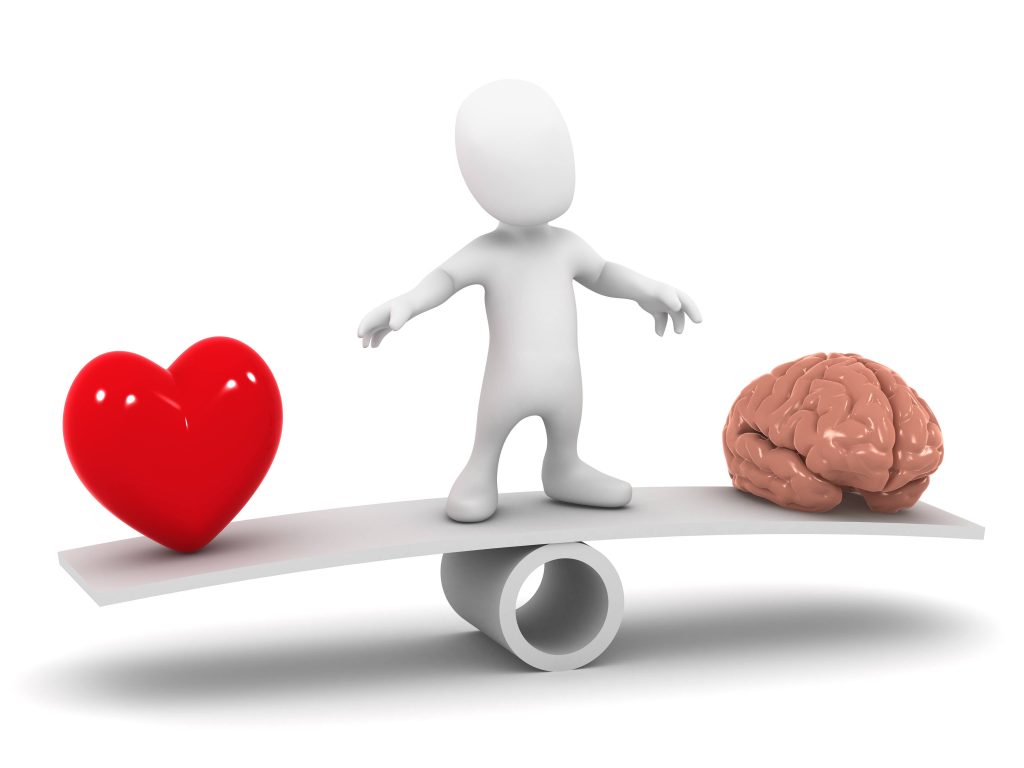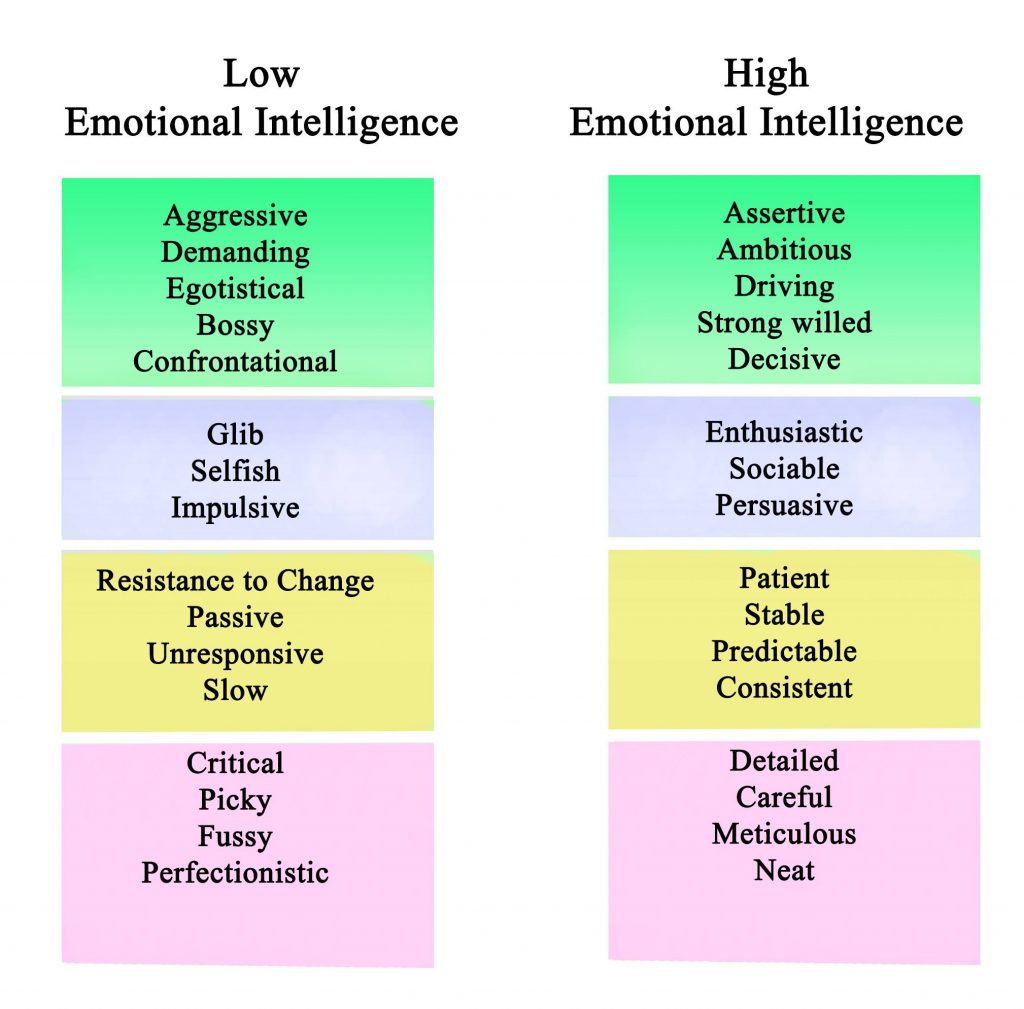“Educating the mind without educating the heart is no education at all.”
― Aristotle
Educating the heart is not a new concept. It dates back at least as far as the ancient Greeks and modern science supports its reentry into the school systems. More than two decades of research exists which demonstrates the positive outcomes of social and emotional learning (SEL) programs.
Studies show that social and emotional learning (SEL):
- Improves classroom behavior.
- Builds resilience and improves stress management.
- Decreases incidence of depression and anxiety.
- Improves relationships and social skills.
- Increases academic performance by an average of 11 percentile points.
- Improves school attendance.
- Decreases risk-taking behaviors.
- Reduces impulsivity and aggression.
- Improves attitudes about self, others, and school community as a whole.
- Promotes prosocial behaviors.
- Enhances emotional well-being.
- Decreases likelihood of poverty in adulthood.
- Reduces discipline referrals.
- Increases graduation rates.

What is Social and Emotional Learning (SEL?)
The Collaborative for Academic Social and Emotional Learning (CASEL) defines SEL as
the process through which children and adults understand and manage emotions, set and achieve positive goals; feel and show empathy for others, establish and maintain positive relationships, and make responsible decisions.
CASEL has identified 5 core competencies of social and emotional learning:
- Self-awareness: being aware of one’s own strengths and weaknesses, feeling confident, empowered, and capable of growth.
- Self-management: capable of controlling impulses, regulating emotions, motivating oneself, and effectively managing stress.
- Social awareness: the ability to understand and empathize with the perspectives of others, accept individual differences, and embrace cultural diversity.
- Relationships skills: cooperating with others, communicating effectively, constructively negotiating conflict, setting appropriate boundaries, and being able to ask for help when needed.
- Responsible decision making: the ability to make safe, healthy, and constructive choices for personal behavior and social interactions, which are grounded in one’s personal values and ethical standards as well as social norms.
Why Do We Need Formal SEL Programs?
Children and adolescents spend most of their time at school, providing faculty and staff an excellent opportunity to teach these important life skills. For many students, school may be the only place where such skills are taught or modeled. Society cannot rely on parents and families to teach these skills at home. Unfortunately, many children grow up in environments ridden with drug use, alcoholism, violence, and trauma. Even children growing up in stable homes may not be taught how to regulate their emotions because their parents were never taught how themselves.
If our society values education and feels that each child is entitled to an education which can better their future, then social and emotional learning should be included in that education. Every child has the right to learn how to label, process, and regulate their emotions. Every child has the right to learn how to empathize, communicate, and relate to others. These skills are just as important as intellectual skills such as computation, literacy, and fact recall.
Some people believe that emotional intelligence isn’t something than can be taught, but the research says otherwise. A meta analysis which synthesized the findings from more than 213 schools and more than 270,000 K-12 students revealed that students participating in SEL programs showed significantly more positive outcomes including:
- enhanced social and emotional skills
- lower levels of emotional distress and behavioral problems
- improved attitude
- Increased prosocial behaviors.
In addition to improved SEL skills, these students also showed increased academic performance, with an average of 11% higher scores.
EQ is just as important as IQ, if not more important!
Emotional intelligence is defined as one’s capacity to be aware of, control, and express emotions as well as recognize and empathize with the emotions of others. The 5 characteristics of emotional intelligence as defined by Daniel Goleman are:
- Self-awareness.
- Self-regulation.
- Motivation.
- Empathy.
- Social Skills.
These skills are crucial to developing children into mature, healthy adults. Intellectual skills alone cannot make a person successful. According to the World Economic Forum’s Future of Jobs Report, emotional intelligence will be one of the top 10 employment skills in 2020. Studies have repeatedly shown that EQ predicts future success in career, relationships, health, and overall quality of life.

What is the Purpose of Education?
It is important that we as a collective, ask ourselves, what is the purpose of education? What are we hoping to achieve by educating our youth and is our current educational model fulfilling that purpose?
According to late educational leader, Arthur W. Foshay, “The one continuing purpose of education, since ancient times, has been to bring people to as full realization as possible of what it is to be a human being”.
While this has been the ultimate goal of education since its origin, somewhere along the way humanity has lost sight of this holistic purpose. Until recent years, modern education has focused almost exclusively on developing the intellect, paying little attention to matters of the heart.
When we look deeper into human development, we recognize that social and emotional learning (SEL) programs are crucial to bringing up a healthy population of young people and creating a better world for the children of the future.
It’s time that our educational programs begin placing development over achievement.
Social and Emotional Learning Pays off!
Research has shown an $11 return on investment for every $1 spent on SEL programs!

